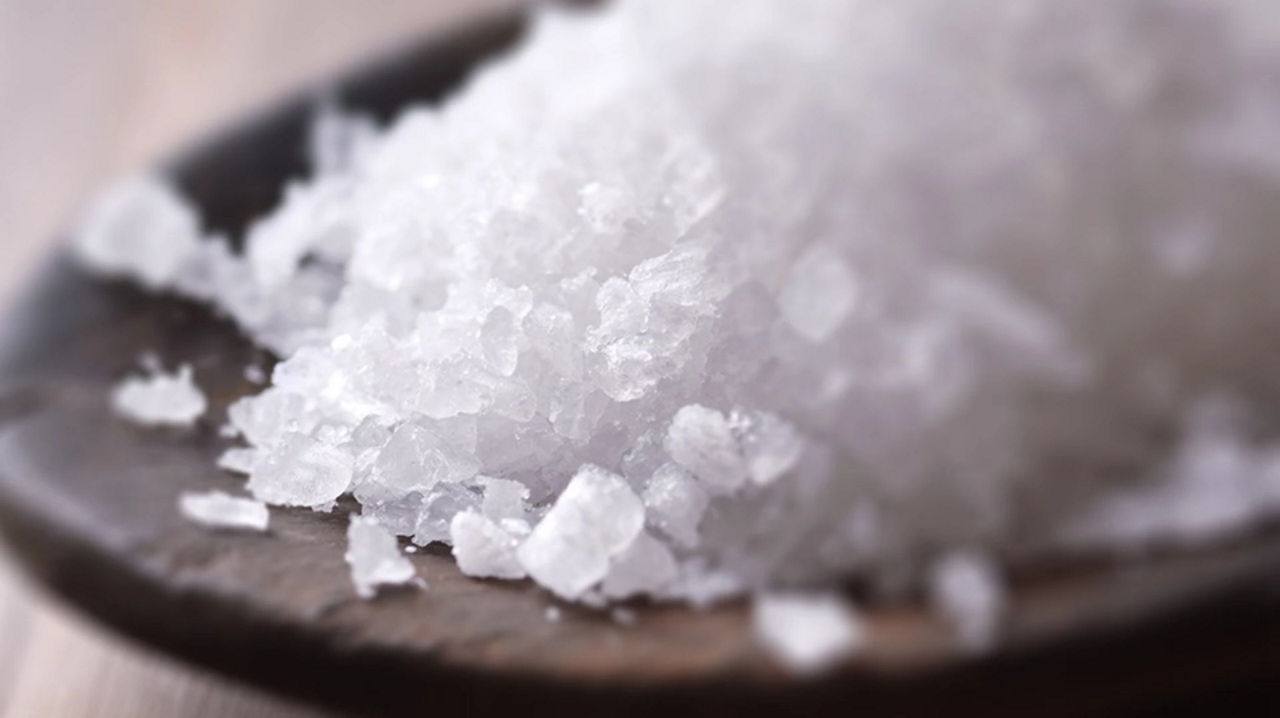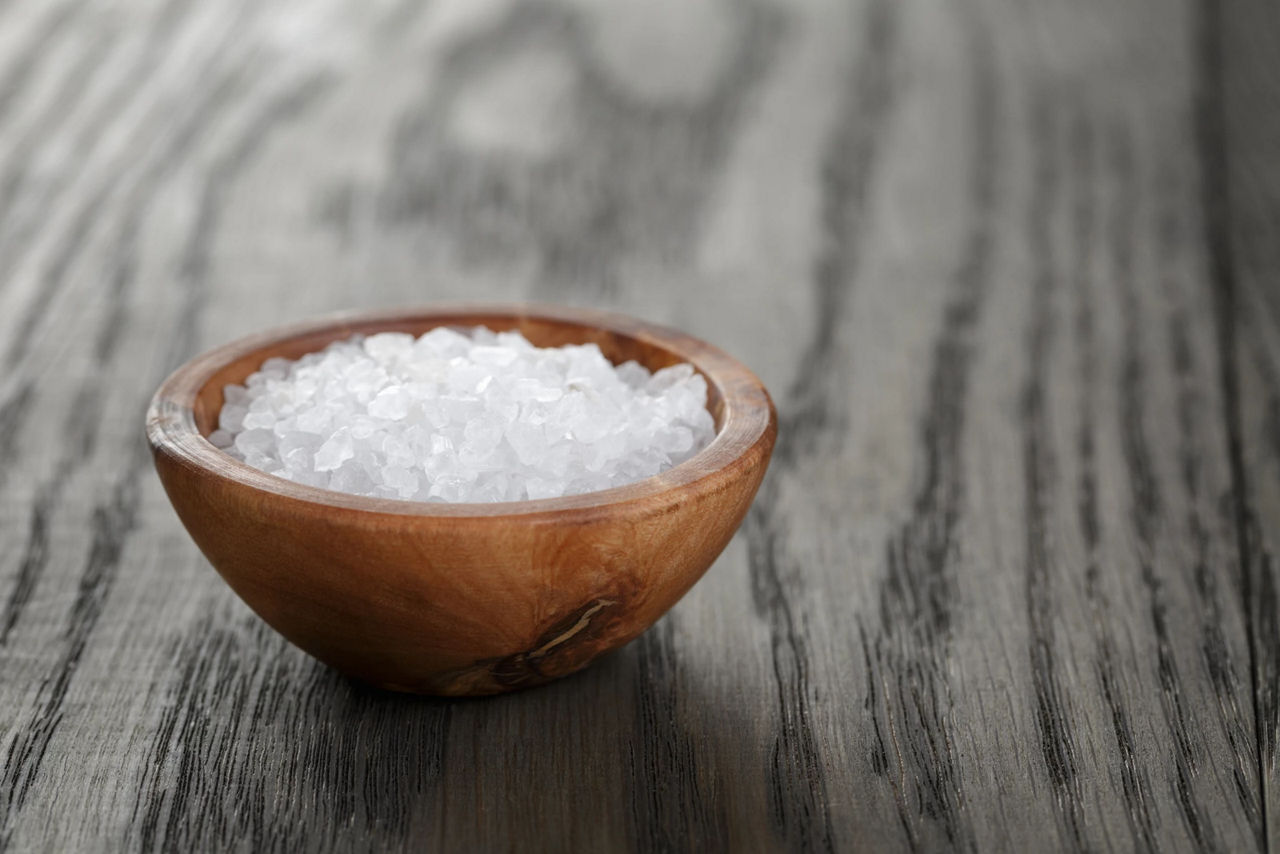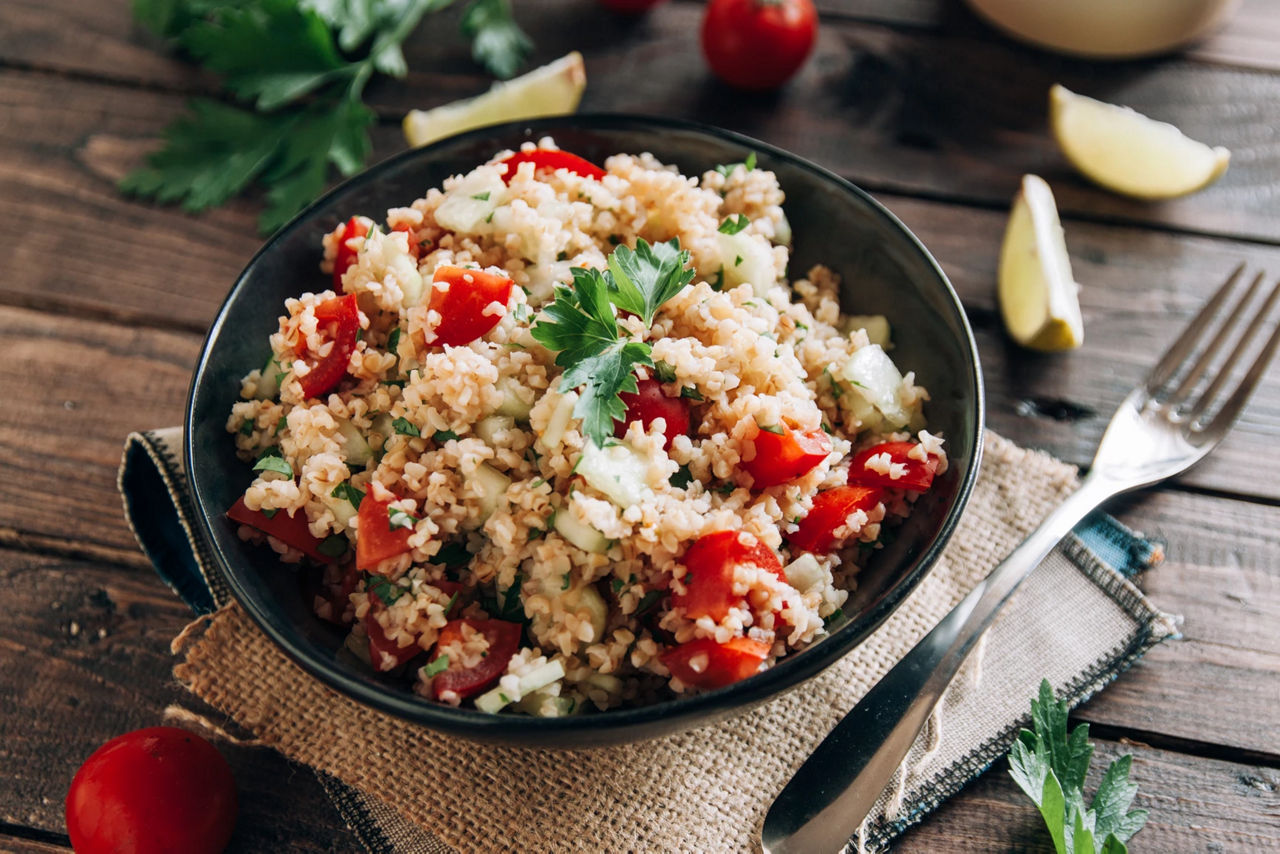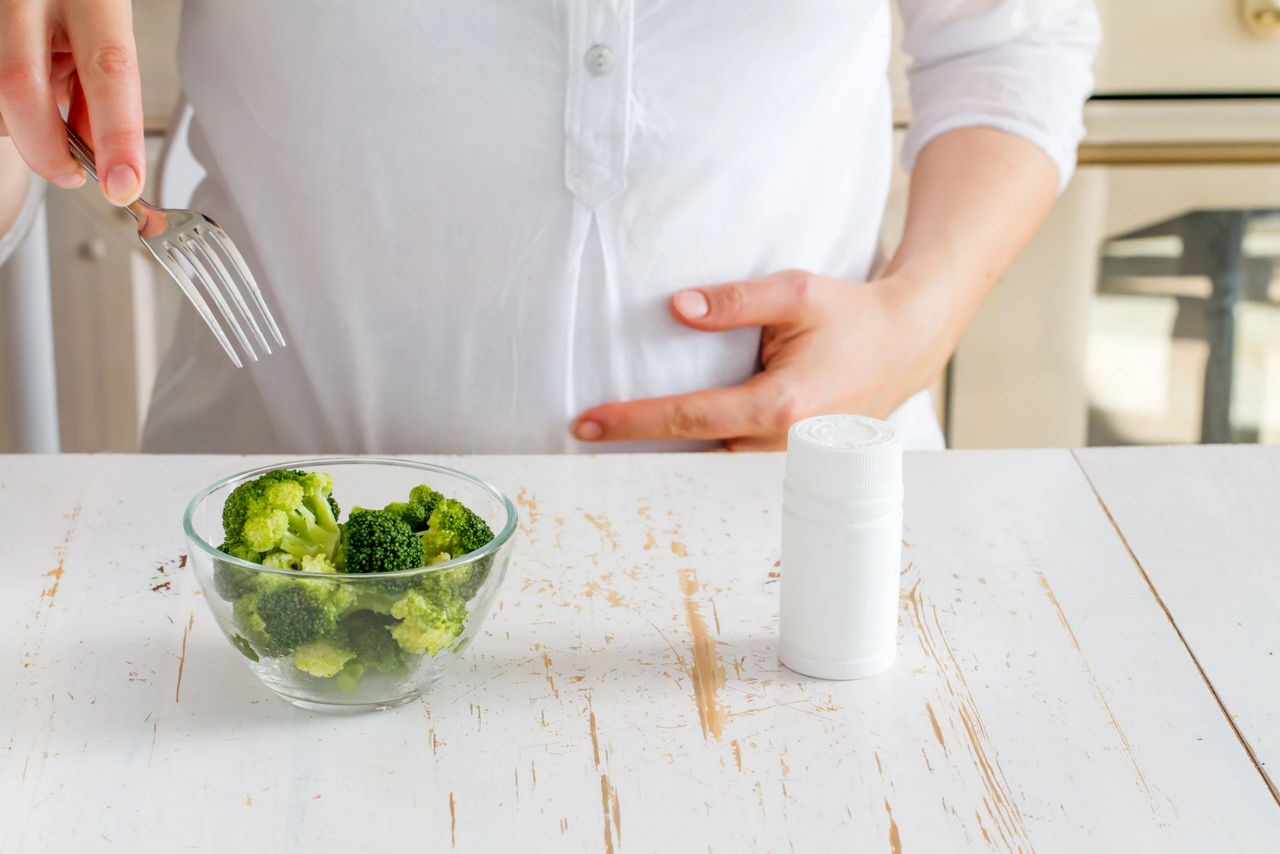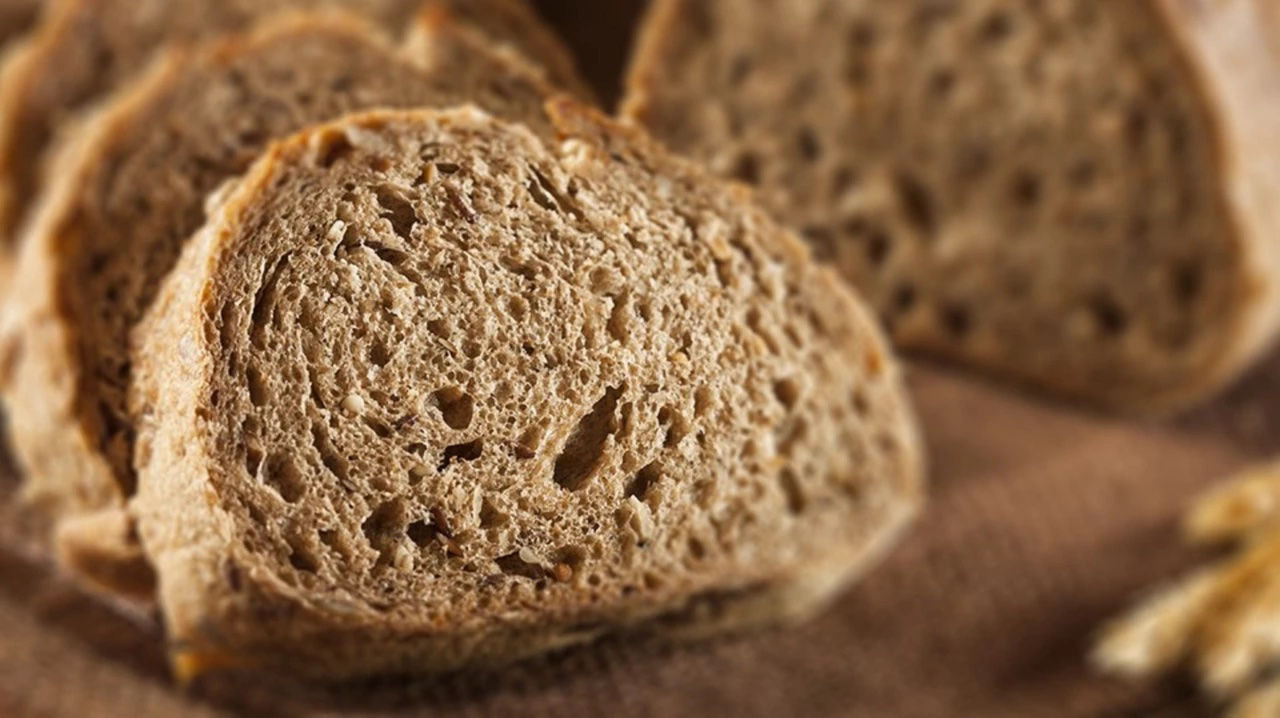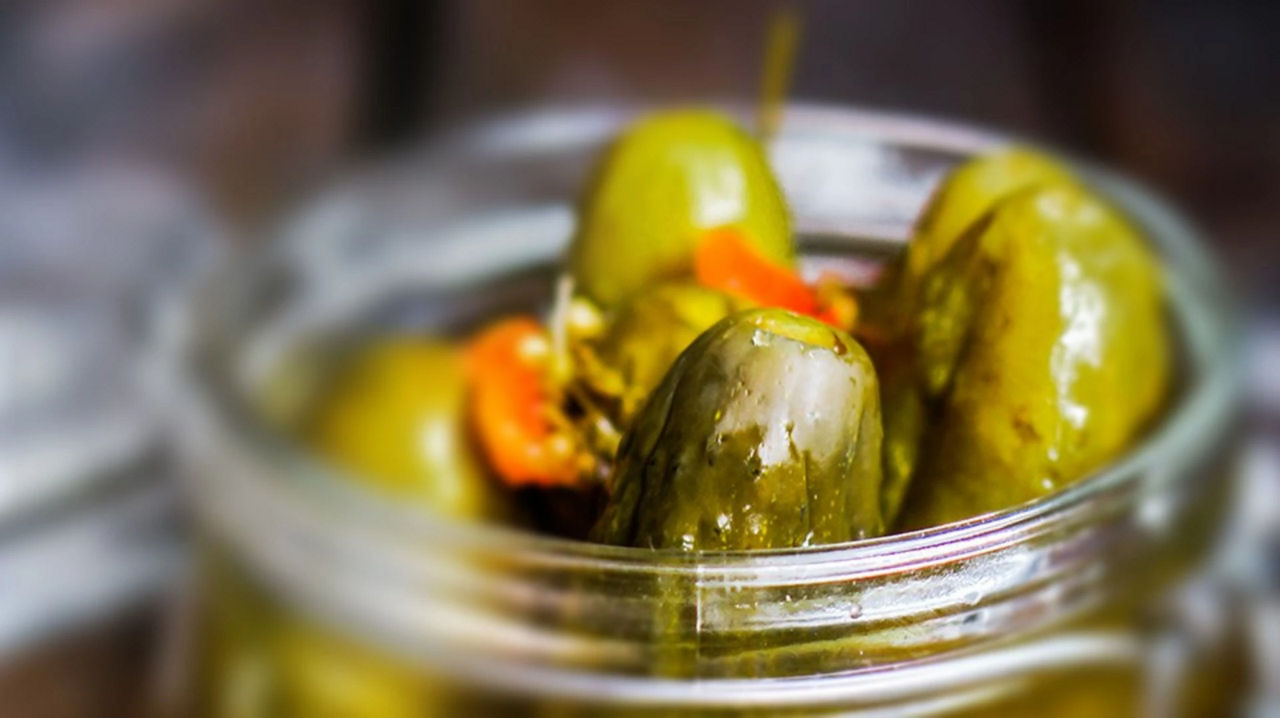If you’re used to cooking with, and generally consuming, too much salt, a sudden low sodium intake can result in food feeling tasteless and bland. However, rest assured that this is not the case. Once you lower your sodium intake, your taste buds can adapt in around six weeks. As such, you may wish to reduce your intake gradually5.
There are some easy ways for you to lower your salt intake during your pregnancy. Get into the habit of checking the salt levels on pre-packaged food and aim for less than 1.5g of salt per 100g. the green, amber and red colour-coded labels on the front of packaged food can be very useful here – aim for green and amber where possible. In addition, try to opt for reduced salt options when buying things like baked beans, frozen pizza, ketchup and other condiments, or breakfast cereals.
Sausages, bacon and deli meats like ham can be high in salt, so try to eat these less often. Alternatively, enjoy fresh, unprocessed meat and poultry instead. Certain meats should be avoided during pregnancy, take a look here to learn more.
Other ways to reduce salt in pregnancy include1, 5:
Limiting your use of soy sauce, mustard, pickles, mayonnaise and other table sauces, as these can all be high in salt
Try to eat fresh foods where possible, rather than relying on processed and ready meals
When eating cheese, choose varieties that are lower in salt, for example mozzarella and cottage cheese
When buying tinned vegetables, opt for those tinned in water rather than brine
Instead of crisps, choosing unsalted nuts
And for a healthier snack, opt for fruit or vegetables like a handful of berries or some carrot sticks.
